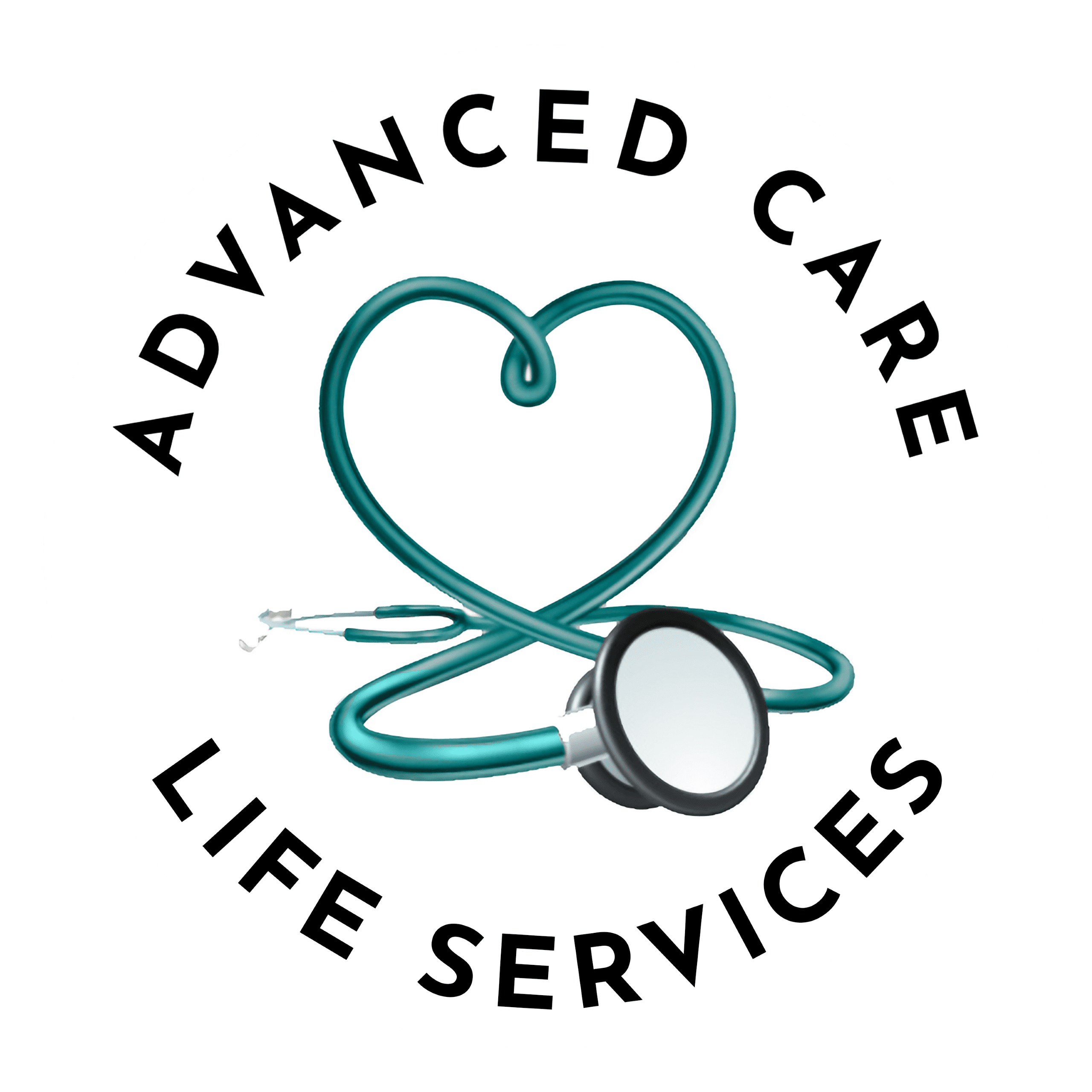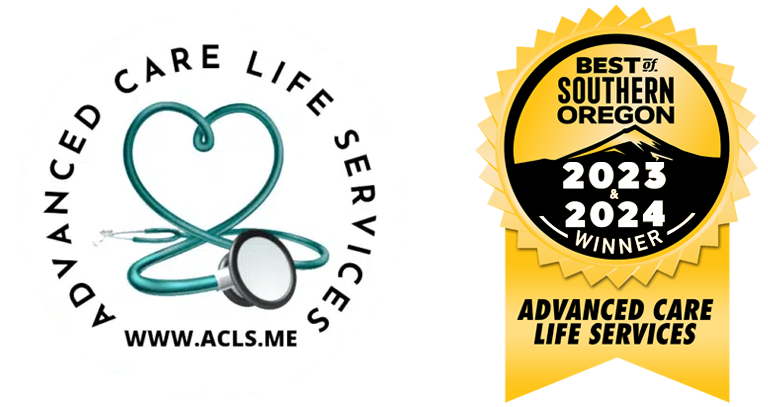The question of when to address advance directives or Physician Orders for Life-Sustaining Treatment (POLST) forms is one that often lingers in the minds of families, yet it is rarely acted upon until circumstances demand it. If these considerations have crossed your thoughts, that moment of reflection is a signal to take action. None of us can predict the future—a sudden car accident or medical emergency could render us unable to communicate our preferences. Ensuring that your wishes are documented and understood offers not only peace of mind but also a profound gift to your loved ones. At Advanced Care Life Services, we recognize the sensitivity of this topic and are committed to providing professional guidance, supported by evidence-based insights, to navigate these critical conversations.
The Importance of Early Planning
Advance care planning is not merely a precaution; it is a proactive step toward clarity and reduced familial burden. Research underscores its value: a 2023 study by Dr. Rebecca Sudore, a geriatrician at UCSF, published in JAMA Internal Medicine (Vol. 328, Issue 2, pp. 143-150), found that “families who engage in advance care discussions experience 30% less decision-making stress and 25% lower rates of guilt following a loved one’s incapacitation.” These statistics reflect a universal truth: preparing for the inevitable equips families to honor their loved one’s desires, mitigating the emotional toll of uncertainty during crises.
The unpredictability of life amplifies the urgency of these discussions. The National Highway Traffic Safety Administration reports over 6 million car accidents annually in the U.S., with 2.4 million resulting in injuries (NHTSA Traffic Safety Facts, 2023). In such scenarios, an inability to communicate could leave your healthcare preferences unknown. Advance directives and POLST forms serve as vital tools to bridge this gap, ensuring your voice is heard when you cannot speak for yourself.
Understanding Advance Directives
An advance directive is a legal document that outlines your healthcare preferences should you become unable to make decisions due to illness or injury. It defines what “quality of life” means to you—whether that includes aggressive medical interventions, palliative care, or a focus on comfort—and provides a roadmap for family and healthcare providers. Dr. Sudore emphasizes, “Advance directives empower patients, with 85% of those who complete them reporting greater confidence in their care aligning with personal values.” Importantly, this document is a guideline, not a physician’s order, allowing flexibility while offering direction.
Obtaining an advance directive is straightforward. They are available at hospitals, primary care offices, or through social workers and advance care planning facilitators. At Advanced Care Life Services, our team is certified by the State of Oregon to assist in this process, providing expert facilitation to navigate these emotionally charged discussions. The American Academy of Family Physicians notes that 70% of adults over 65 lack an advance directive, yet those who complete one reduce family conflict by 40% during medical crises (AAFP Advance Care Planning Report, 2024). This accessibility and impact make it a critical step for all adults, regardless of age or health status.



POLST Forms: A Physician’s Order for Clarity
In contrast, a POLST form—Physician Orders for Life-Sustaining Treatment—is a medical order, typically printed on bright pink paper and displayed prominently (e.g., on a refrigerator) for emergency responders. Signed by a physician, it specifies whether life-saving measures, such as CPR, should be administered if a person is found unconscious without a pulse or breathing. Dr. Susan Tolle, a pioneer in POLST development, states in her 2024 article, “POLST: Translating Wishes into Action” (Journal of Palliative Medicine, Vol. 27, Issue 3, pp. 321-328), “POLST forms reduce unwanted resuscitations by 60% in patients with clear do-not-resuscitate preferences.” This clarity is invaluable in emergencies, where split-second decisions are made.
The POLST delineates three “code statuses”: full code (all life-saving measures), modified code (limited interventions), or DNR (do not resuscitate). The National POLST Paradigm reports that 45 states, including Oregon, have adopted POLST programs, with over 1.5 million forms completed nationwide by 2023 (POLST National Data, 2024). These statuses reflect a patient’s values regarding quality of life and desired outcomes, particularly in the context of chronic illnesses or frailty.
When and How to Begin the Conversation
The ideal time to discuss these documents is before a crisis—when health is stable, and emotions are less fraught. Dr. Tolle advises, “Early POLST discussions improve patient-provider alignment, with 75% of participants reporting greater trust in their care plan.” Topics to explore include quality-of-life priorities, potential outcomes of interventions, and chronic health conditions. Your primary care provider can clarify options and ensure your wishes are documented accurately. At your next appointment, inquire about completing an advance directive or POLST form to formalize your preferences.
Partnering with Advanced Care Life Services
At Advanced Care Life Services, we specialize in facilitating these discussions with compassion and expertise. Our Oregon-certified team offers personalized support, helping you articulate your wishes and complete the necessary documentation. Whether you’re contemplating future care or responding to a recent health event, we’re here to guide you. We are approved as advanced care planning facilitators in the state of Oregon.
Conclusion: A Gift of Clarity
Initiating conversations about advance directives or POLST forms is a courageous act of love. Dr. Sudore concludes, “Planning ahead preserves autonomy, benefiting 90% of families with reduced distress.” Don’t wait for tomorrow’s uncertainty—contact Advanced Care Life Services today to begin this essential process, ensuring your voice endures, and your loved ones are supported.
FAQ – Advance Directives or POLST Forms
When is the right time to talk about advance directives or POLST forms?
The best time is before a medical crisis—when your loved one is healthy, emotionally stable, and able to make informed decisions. Early discussions reduce stress, promote clear communication, and ensure healthcare providers and family members are aligned with the person’s wishes.
What is the difference between an advance directive and a POLST form?
An advance directive is a legal document that outlines your general healthcare preferences in the event you can’t speak for yourself. A POLST form is a physician-signed medical order that details specific life-sustaining treatment preferences (such as CPR or intubation) for individuals with serious illnesses or frailty. The POLST is more immediate and used in emergency situations.
Who should complete a POLST form?
A POLST form is typically recommended for individuals with chronic, serious illnesses, advanced age, or those nearing the end of life. It is most helpful when a person wants to specify clear instructions about resuscitation, hospitalization, or life-sustaining treatments.
Do I need both an advance directive and a POLST form?
Yes, in many cases. An advance directive provides overall guidance about your healthcare values and preferences, while a POLST translates those preferences into actionable medical orders for emergency responders and hospital staff. Having both ensures your voice is heard in both planned and urgent care settings.
Can Advanced Care Life Services help me complete these forms?
Absolutely. Advanced Care Life Services is certified in the state of Oregon to help individuals and families navigate the completion of advance directives and POLST forms. Their team offers compassionate, one-on-one support to ensure your wishes are clearly documented and legally compliant.
Other articles you might find interesting
- When Should We Initiate Discussions About Advance Directives or POLST Forms?
- What Are the Top Three Priorities When Selecting a Senior Care Agency?
- Distinction Between Private Caregivers and Agency Caregivers
- What Do I Do If My Loved One Has Had a Fall or Is Managing a Chronic Illness?
- Understanding Home Health Resources for Seniors in Medford
- When to Consider In-Home Care for a Loved One: Signs It’s Time
- When Should I Begin Exploring Home Safety Options for My Loved One?
What Are the Early Signs and Symptoms of Dementia?
Find us here
Name: Advanced Care Life Services
Address: 1463 East McAndrews Road Ste. A, Medford, OR 97504, United States
Phone number: +15417072257





